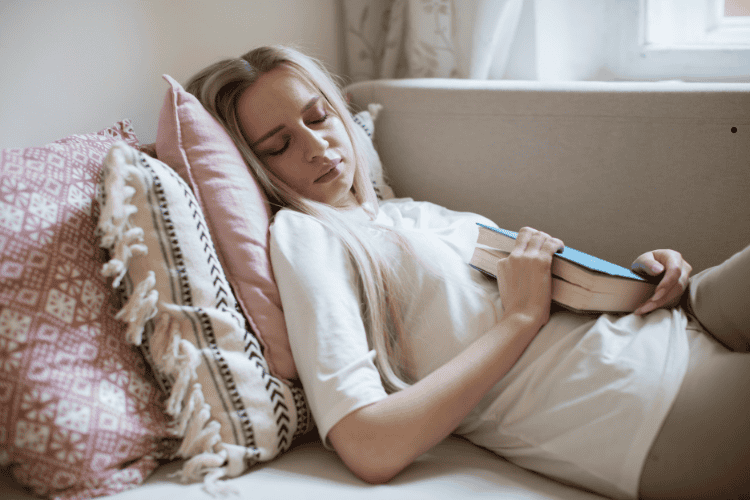I know how you feel because I’ve been there.
I woke up every morning feeling like I’d fought a battle the previous night. Even after a good breakfast and some caffeine, I’d feel lethargic as the day progressed.
I identified and fixed the problem, and in this post, I want to cover everything that helped me!
My name is Angela, and I have a background in Psychology and Human Relationships. You can sign up for my newsletter if you’d like a nice, kind anecdote every week. I write them myself.
Let’s begin, shall we?
This post contains affiliate links, meaning I may make a commission at no extra cost to you if you decide to click on a link and purchase something. Click here to read the full disclaimer.
1. You’re not getting enough sleep or high quality sleep
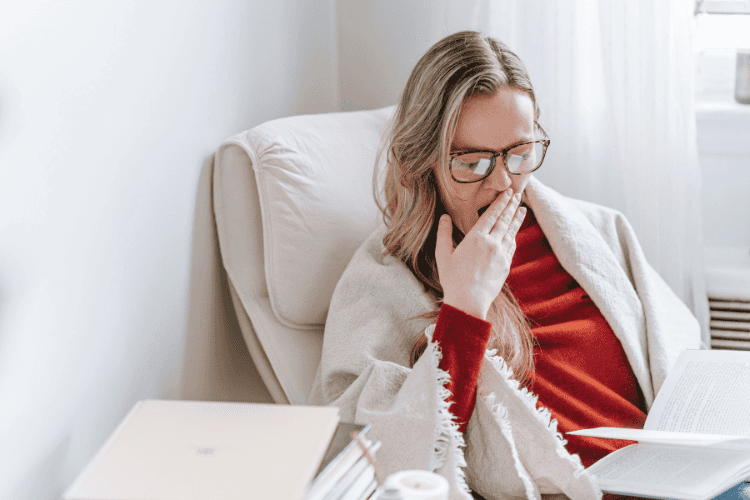
Take the time to think about the last week of sleep.
- Do you go to bed at a reasonable hour?
- Is your room dark and slightly colder than your body temperature?
- Do you try to minimize distractions while falling asleep?
- Do you get 8 hours of sleep every day?
A recent study showed that men require 8 hours of sleep, but women actually require longer, especially when they’re on their period.
It makes sense, our bodies are so much different from men’s and require more care.
If you’re not happy with the quality of sleep you’re getting and you’ve tried everything, please see a Sleep Doctor. My partner did and his sleep has improved dramatically!
2. You’re too stressed or anxious
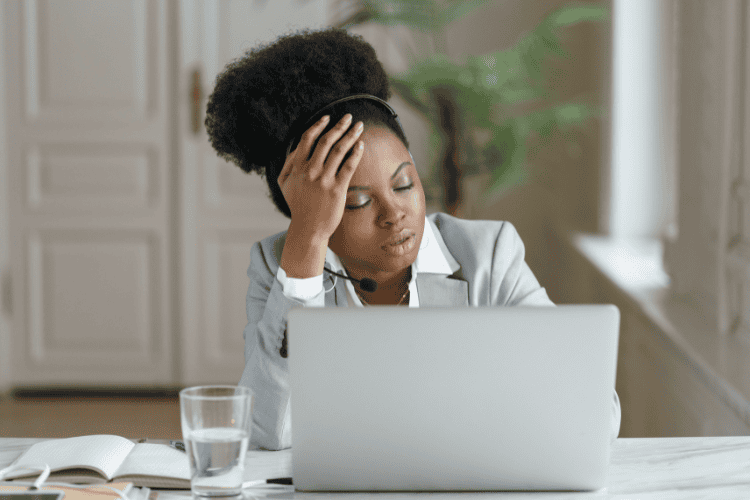
Mental and emotional stressors can tire the body and leave you feeling fatigued.
If you experience stress frequently, your body is going to be in a heightened state of alertness which will prevent you from resting or even falling asleep.
Either way, you must work on decreasing your stress.
A few ways that work for me:
- Play with my pups
- Read a book
- Write in my journal (to get out my thoughts and see a broader perspective)
- Listen to music
- Workout to release the pent-up feelings of anxiety/nervousness
- Meditate
Give these a shot and see if it helps you feel less tired.
3. Your diet isn’t optimal

You may think that food doesn’t play a significant role in how you feel, but I can assure you it does.
Consuming a lot of sugary foods or junk food will give you a good sugar rush, but it also comes with a big crash in energy.
These fluctuations in blood sugar can make it difficult to fall asleep and leave you feeling more exhausted.
Here are a few things you can do to fix your diet and feel less tired:
- Get some blood work done: Check for any nutritional deficiencies. I had a vitamin D deficiency, and once I fixed it, I began to feel much better.
- Quit drinking too much caffeine: These interfere with your sleep cycle and lead to disrupted sleep.
- Eat more greens and food rich in fiber: Consuming too many greasy foods will mess with your digestive tract and lead to indigestion/acidity, which causes poor sleep.
Try to eat more whole foods and cut down on processed foods and sweets.
It’s hard at first, but if you do things slowly and just focus on being consistent – you will notice a change in your energy and the way you feel.
You will genuinely feel more active and happy.
4. You’re not getting enough exercise

I have a pretty good metabolism – this means I don’t need to exercise much to look fit.
But that’s been a huge problem because I only looked fit. I realized I wasn’t.
Moving your body is actually necessary—you need to raise your heart rate and exercise 30 minutes a day, 5 times a week.
The lack of physical activity will lead to muscle weakness and decreased stamina.
All of this affects the way you feel throughout the day.
When people don’t use their muscles, they become less efficient at using their energy – making everyday activities more tiring and exhausting.
When you exercise, your body releases endorphins—feel-good hormones that boost mood, reduce stress, and increase energy!
If you’re not in the habit of working out, start small:
- Start walking more
- Do an activity you enjoy – swimming/dancing/kickboxing
- Find a workout buddy and do fun activities together
So, try to incorporate some movement in your day – trust me, it will help!
5. You have hormonal issues
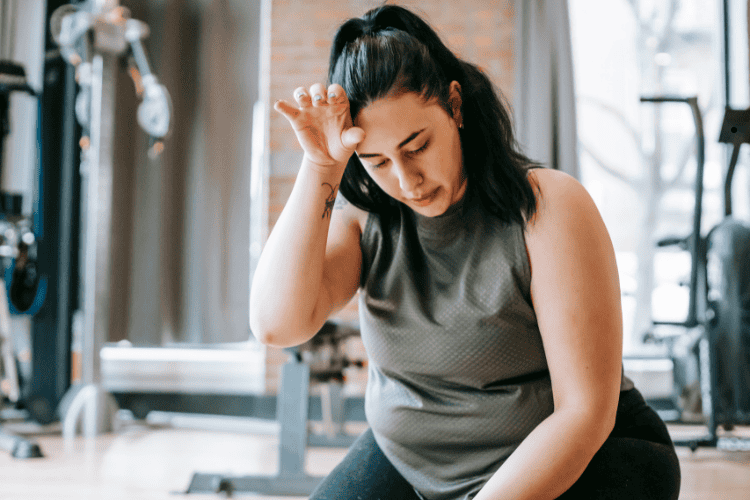
If your lethargy or tiredness is way above normal and you’ve tried eating and sleeping right – and nothing works, chances are you may have PCOS.
It’s nothing to be alarmed about, it’s actually quite common.
Certain hormone-related conditions like PCOS or thyroid conditions can cause hormonal imbalances and yes – these can result in tiredness.
PMS also causes fatigue – especially in the days leading up to the period.
Moreover, if you are taking birth control pills or have an IUD – even these can impact hormone levels.
My best suggestion is to consult a doctor – especially if the lethargy and tiredness are more than normal.
A doctor can take your blood test and analyze what is the real reason why you are so tired.
6. You may have a chronic illness
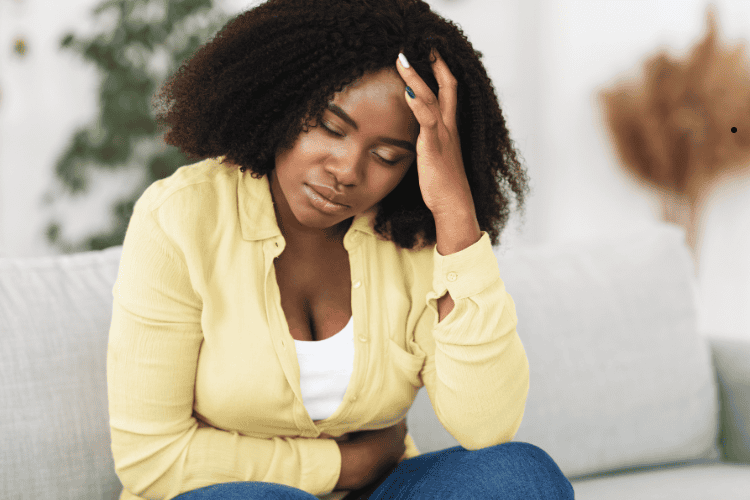
Chronic illness is more common than you think.
If you have ongoing inflammation, this can activate the immune system and release chemicals that promote fatigue and feelings of exhaustion.
Chronic illness can also disrupt sleep patterns. Pain, discomfort, or medication side effects can make it very difficult to get a good night’s sleep.
Do you have a lot of pain?
Maybe muscle weakness or gastrointestinal issues?
All of these require extra energy and this can make you feel more tired.
If you’re already doing everything to accommodate your symptoms, please don’t hesitate to contact a doctor.
7. You’re emotionally exhausted
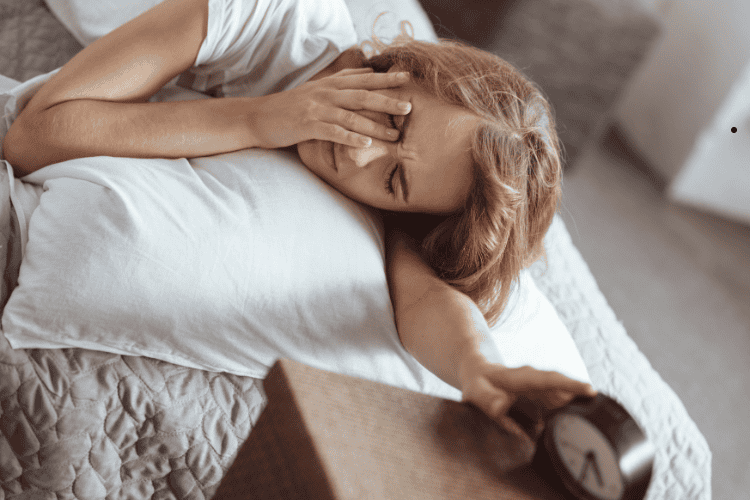
I remember feeling horrible after my mom passed away.
I would sleep for hours just to kill time because it was very hard to get used to a life without her in my world.
Emotional exhaustion can contribute to tiredness quite directly. Here’s how:
- Mental/emotional strain: If you are taking stress for the most part of the day, then this can drain your energy reserves, leading to tiredness.
- Cognitive overload: Emotional exhaustion can impair youg cognitive function, including your memory, attention and your decision making abilities.
- Reduced motivation and enjoyment: If you are emotionally tired, you may be more stressed and find less pleasure in activities you enjoyed before. Even daily tasks and routines will feel more burdensome and draining.
It’s very important that you address your emotions and focus on your well-being so that you can heal.
Therapy will also help.
Try meeting your friends and talking – social interaction will help you lessen your emotional burdens.
Here are a few more posts you may like:
